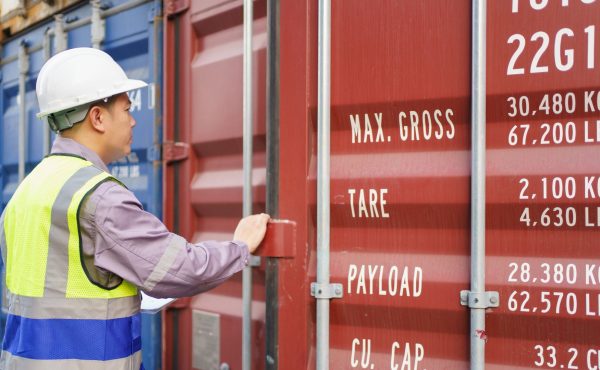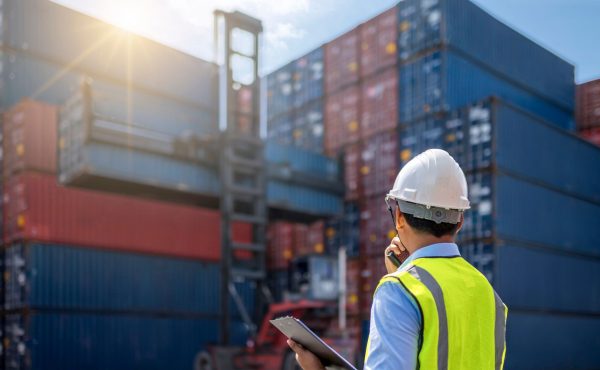Documents required for the importation of food and beverages
Food and beverages are framed within logistics as products that are highly imported all over the planet. Transporting them is a delicate process that requires specialized attention to guarantee their quality and safety. When it comes to importing these products from abroad, it is necessary to comply with the legal and documentation requirements established by the local authorities of a country or supranational if the nation is under the umbrella of, for example, Mercosur or the European Union.
Each country or region may have specific regulations, but in general, there are a number of documents in common such as the pro forma invoice and the commercial invoice, and others linked to sanitary, quality and food safety regulations that are required for the importation of food and beverages.
- Sanitary certificate: this is issued by the competent authorities of the exporting country and certifies that the food and beverages comply with the sanitary and hygiene standards established by the destination authorities. It is essential for demonstrating that the products are safe for human consumption.
- Certificate of origin: indicates the country of origin of the food and beverages and is necessary to determine applicable tariffs and verify compliance with import regulations. For example, in Spain, this certificate is issued by the Chambers of Commerce.
- Labeling: Product labels include mandatory information on the contents of the packaged goods, which must be vacuum-packed. The packing list must be associated with the goods.
- Transport documentation: information on the transport company, the means of transport used, temperature and humidity conditions, as well as traceability data for the goods. When imported by truck, the document is called CMR (contract of international carriage by road) and if by rail, CIM (contract of international carriage by rail). If imported by container ship, the importer must present the Bill of Lading and if imported by cargo aircraft, Air Way Bill (AWB).
- Customs documents: files such as the import declaration and customs clearance documents are necessary to comply with import formalities and pay the corresponding duties. It is important to have the Single Administrative Document (SAD), which is prepared by a customs broker, a customs representative or an authorized economic operator (AEO).
- Specific certificates: depending on the type of food or beverage, additional specific certificates may be required, such as veterinary inspection certificates for products of animal origin or certificates of compliance with specific quality or production standards.

International food and beverage transportation company
In order to successfully import any type of beverage or food, we must comply with all the bureaucratic procedures and respect the legislation established by our country. In many places the import of certain food products is prohibited. If these procedures are complex, it is a good idea to enlist the help of a company specialized in imported goods.
At Logisber, every day we advise companies that export and import food and beverages all over the world. Whether it is land, air or sea transportation, it is critical to have the support of customs advisors and freight forwarders who can guide you through the import process. If you are interested in importing oil, fruit, vegetables, meat, fish, ham, vegetables or other foods, alcoholic beverages or spirits, contact Logisber now and our team will show you the steps to follow so that the import from third countries is efficient, personalized, traceable and safe.
Categorías
Compartir









